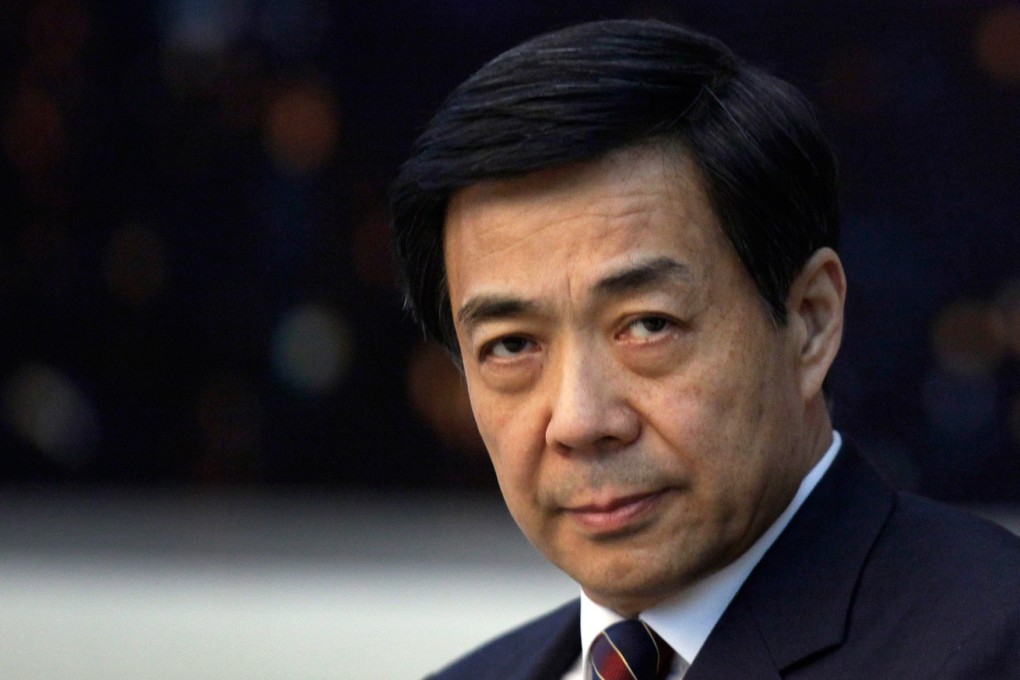Analysis: flamboyant Chinese princeling faces final indignity

The writing was perhaps already on the wall for Bo Xilai, the controversial former top official of China’s southwestern city of Chongqing, when he appeared at last year’s parliamentary meeting, alternately chastened and combative.
In earlier annual sessions of parliament, Bo had swept in, all smiles and lanky grace, preceded by a wave of TV cameras and popping flashbulbs. This time he was uncharacteristically restrained.
Bo rolled his eyes at repeated questions from foreign reporters about a scandal involving then-vice mayor Wang Lijun, and the normally effusive state media and parliament delegates kept their distance.
Wang, who doubled as the city’s police chief before his downfall, went to ground in the US Consulate in nearby Chengdu in February last year until he was coaxed out and placed under investigation.
“I certainly never expected this,” Bo said of Wang’s flight. “I felt that it happened extremely suddenly.”
News of his own change of fortune came just as suddenly.
A few days after his news conference in March last year, a terse report from the official Xinhua news agency announced that Beijing had sacked Bo from his post, all but snuffing out his chances of rising to the top echelons of the Communist Party.